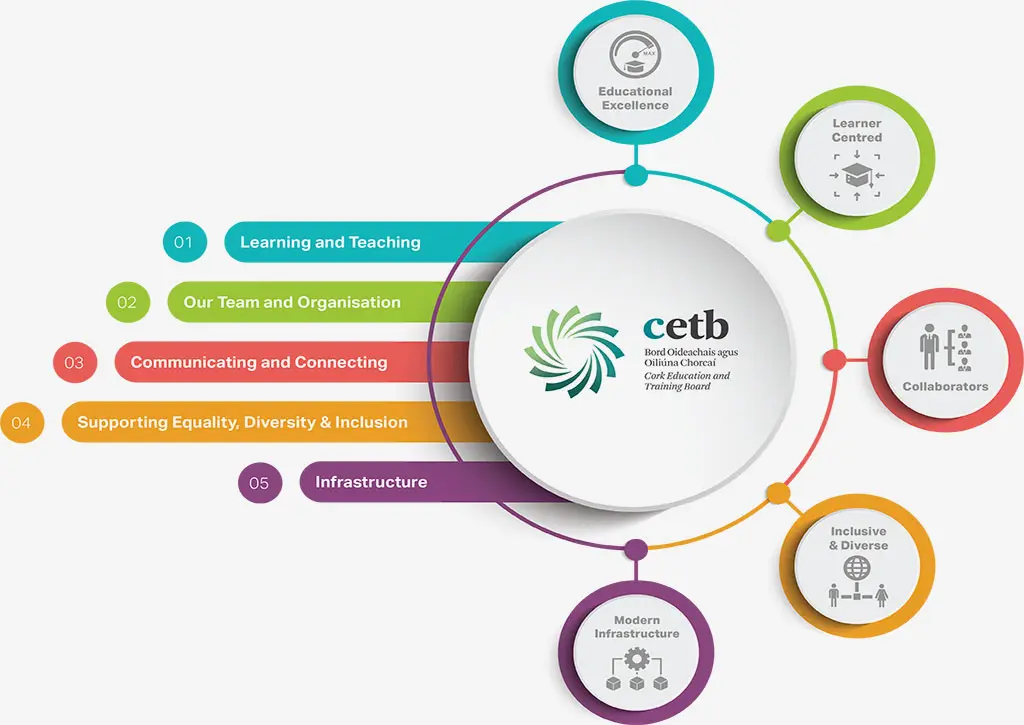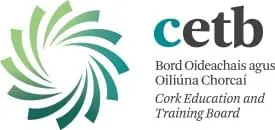
Culture and the arts are essential components of a comprehensive education leading to the full development of the individual. Therefore, Arts Education is a universal human right, for all learners, including those who are often excluded from education, such as immigrants, cultural minority groups, and people with disabilities.
Click here to access Cork ETB’s Arts Education Strategy
Click here to access the Arts Education Research Policy and Context Framework
The arts provide an environment and practice where the learner is actively engaged in creative experiences, processes, and development. Research indicates that introducing learners to artistic processes, while incorporating elements of their own culture into education, cultivates in each individual a sense of creativity and initiative, a fertile imagination, emotional intelligence and a moral “compass”, a capacity for critical reflection, a sense of autonomy, and freedom of thought and action.
Education in and through the arts also stimulates cognitive development and can make how and what learners learn more relevant to the needs of the modern societies in which they live. As extensive educational literature illustrates, experiencing and developing appreciation and knowledge of the arts enables the development of unique perspectives on a wide range of subject areas; perspectives which cannot be discovered through other educational means. In order for children and adults to participate fully in cultural and artistic life, they need to progressively learn to understand, appreciate and experience artistic expressions by which fellow humans – often called artists – explore, and share insights on various aspects of existence and coexistence. As it is a goal to give all people equal opportunities for cultural and artistic activity, artistic education needs to be a central part of educational programmes.
Arts education should also be systematic and be provided over several years as it is a long-term process. Arts Education contributes to an education which integrates physical, intellectual, and creative faculties and makes possible more dynamic and fruitful relations among education, culture, and the arts. These capabilities are particularly important in the face of the challenges present in 21st century society. For example, due to societal changes which affect family structures, children are often deprived of parental attention. In addition, due to lack of communication and relationship-building in their family life, children often experience a variety of emotional and social problems. Moreover, transmission of cultural traditions and artistic practices within family environments is becoming more difficult, especially in urban areas.






